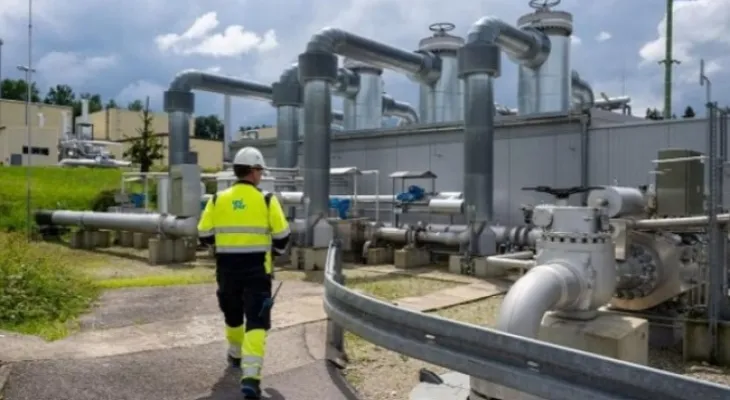Search here
Newspaper
Search here

Arab Canada News
News

Published: December 13, 2022
A new report published by the International Energy Agency on Monday included a warning that the European Union will have to continue its efforts to further reduce its needs to avoid running out of gas in the winter of 2023-2024, if Russian gas shipments stop completely.
The report noted that the gap between supply and demand "could reach 27 billion cubic meters in 2023 in a scenario where gas shipments from Russia drop to zero and LNG imports from China return to 2021 levels."
The figure of 27 billion cubic meters corresponds to about 6.5 percent of the EU's annual consumption in 2021, which amounted to 412 billion cubic meters, the highest since 2011, according to the figures of the European statistical agency Eurostat.
The International Energy Agency expects the EU's gas consumption to reach 360 billion cubic meters in 2022.
In this context, the Executive Director of the International Energy Agency, Fatih Birol, said on Monday: "The European Union has made significant progress in reducing its dependence on Russian gas, but it has not yet escaped the circle of danger." He pointed out that many of the conditions that allowed member states of the bloc to fill their storage sites during the spring and summer of 2022 may not be repeated in 2023.
The report also emphasized the possibility of a renewed increase in Beijing's demand for liquefied natural gas due to the recovery of the Chinese economy, which could increase competition with European countries to purchase available liquefied natural gas worldwide.
Moreover, the relatively good weather that Europe experienced this autumn may not recur, which could lead to greater consumption of reserves.
Also, this report, according to Fatih Birol, shows that "making greater efforts in energy efficiency, developing renewable energies, heat pumps, and energy-saving measures is vital to preparing for the risks of shortages and price increases again next year."
In the years before the war in Ukraine, the reference price of gas in the European market hovered around 20 euros per megawatt-hour. However, in 2022, this price rose to 300 euros before falling back to 100 euros.
Comments